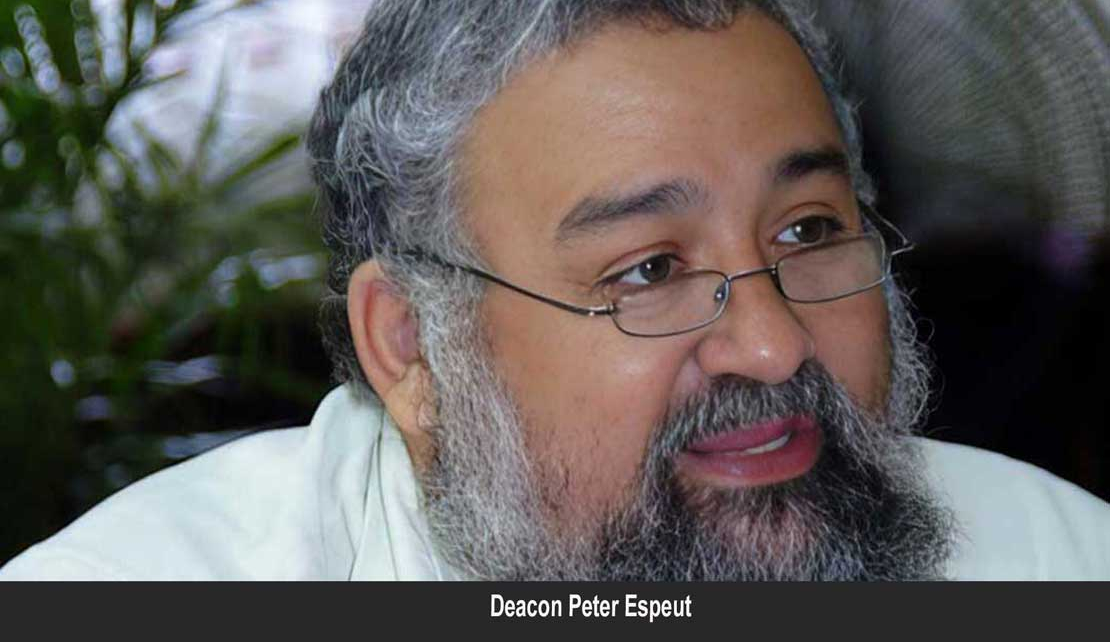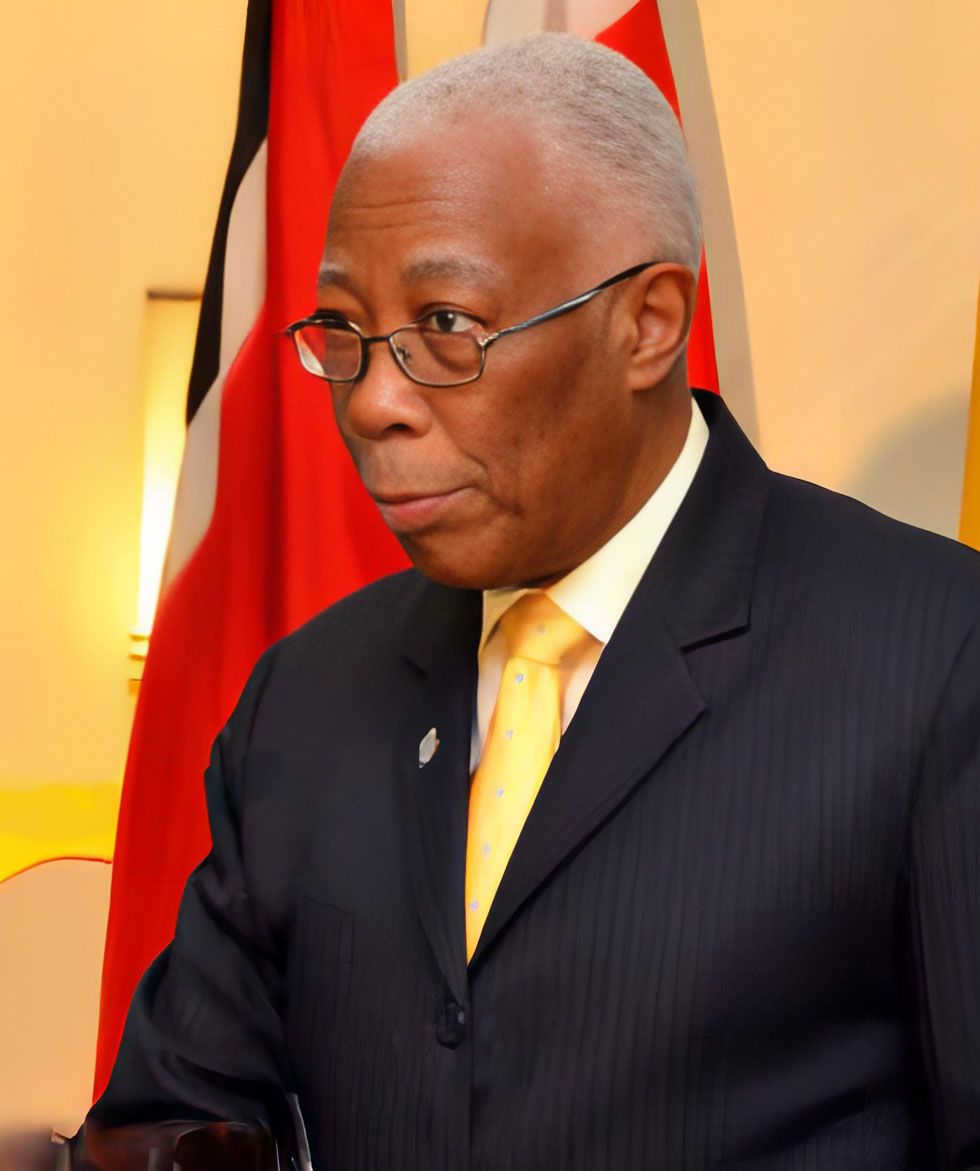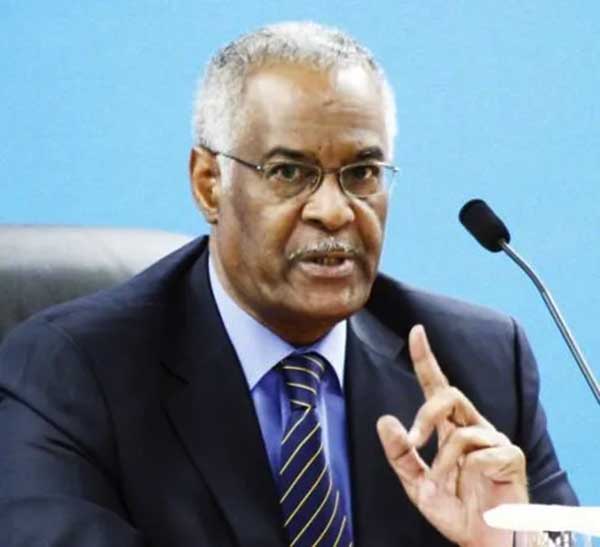JAMAICA | The CCJ: Take The Macedonian Step, Deacon Espeut!

KINGSTON, Jamaica June 20, 2024 - For those who want Jamaicans to remain wedded to the Privy Council, no wholesome reason exists to justify their untenable position. They are left with nothing to say other than: "I support remaining with the Privy Council" or "There should be a referendum". Then there is silence.

In Jamaica, a Christian country, it would surely be seen as downright uncaring and unchristian like to be out there openly proclaiming that things should remain the same. Therefore, silence!
Peter Espeut, writing in the Gleaner of Friday, June 14, last, sought to base his preference for continued attachment to the Privy Council on the "wholly unsatisfactory method of appointment of the judges" to the CCJ.
He is over two decades late. In the early 2000s, with arrangements being made to establish the regional institution, there was strong public lobbying, led by the Jamaican Bar Association with others in support, for complete independence of the court; for the judges to be insulated from political and other forms of influence.
To satisfy those essential requirements, it was recognised that the hand of the political directorate had to be kept as far away as possible from the appointment of the judges.
Second, to secure the independence of the court, the financing of its operations could not be placed within the annual budgetary arrangements of the member states.
Peter Espeut now misguidedly asserts: "Whereas the judges in the CCJ are appointed by a Regional Judiciary and Legal Services Commission (named by the PMs of the region)...". He is completely wrong!
Article V of the Agreement Establishing the Caribbean Court of Justice is entitled: Establishment of the Regional Judicial and Legal Services Commission.
Mr Espeut will be mightily pleased to discover that it provides as follows:
1. There's hereby established a Regional Judicial and Legal Services Commission which shall consist of the following persons:
(a) the President who shall be the Chairman of the Commission;
(b) two persons nominated jointly by the Organisation of Commonwealth Caribbean Bar Association (OCCBA) and the Organisation of Eastern Caribbean States (OECS) Bar Association;(c) one chairman of the Judicial Services Commission of a Contracting Party selected in rotation of the English alphabetical order for a period of three years.
(d) the Chairman of a Public Service Commission of a Contracting Party selected in rotation in the reverse English alphabetical order for a period of three years;
(e) two persons from civil society nominated jointly by the Secretary-General of the Community and the Director General of the OECS for a period of three years following consultations with regional non-governmental organisations;
(f) two Distinguished jurists nominated jointly by the Dean of the Faculty of Law of the University of the West Indies, the Deans of the Faculties of Law of any of the Contracting Parties and the Chairman of the Council of Legal Education; and
(g) two persons nominated jointly by the Bar or Law Associations of the Contracting Parties.
A relieved Peter Espeut will smilingly have grasped that nowhere in that groundbreaking method of judicial appointment to our regional court is the hand of any prime minister, far less those of "the PMs of the region".
He declares that "...the president of the CCJ is directly appointed by the prime ministers of the region". He is wrong, again! Whilst the appointment of the president receives the imprimatur of Heads of Government, a 'direct appointment' cannot be made.
Their approval must be of a candidate who has been recommended by the Regional Judicial and Legal Services Commission: Article IV. 6.
Peter Espeut will treasure the fact that this twin element of the CCJ arrangements - the appointment of its judges, and the independence of the court - that he has sought to attack to justify his preference for the Privy Council, constitutes one of two anchor components that have providentially earned global commendation and esteem for the regional institution, the other star element being the laudable quality of the court's judgments.

"The mechanism ultimately agreed upon by the regional governments was the creation of a trust fund...(T)he trust fund arrangement has been well received in the region and applauded outside of the region.
I believe that this novel creation has substantially buttressed the independence of the CCJ.
"Both the mechanism for appointment of the judges and the mechanism for financing the Court have indeed been testaments to the creativity of the Caribbean people and offer excellent paradigms for securing judicial independence. New norms for ensuring judicial independence have been established by small countries".
Deacon Espeut's influential support is hereby enjoined to fortify the advance of the noble, charitable push for the overwhelming majority of economically challenged Jamaicans - generations of whom have for upwards of 190 years been deprived - to savor the opportunity and privilege of unhindered access to their court of last resort.
With our internationally acclaimed itinerant Caribbean Court of Justice sturdily in place, there is no plausible reason available to justify continued attachment to the inaccessible, unaffordable court in the United Kingdom.
Come over on board, Deacon Peter Espeut; be on the right side, the caring side, of history: Take that meaningful Macedonian step!
